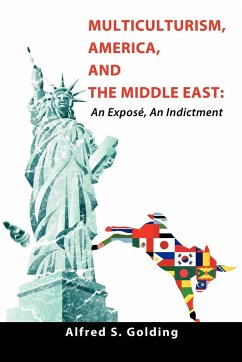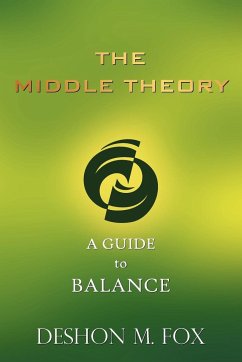For nearly half a century multiculturism has existed as a substrate beneath liberal thought in Europe and the United States. During this span of time that concept has been employed in academic and governmental circles to justify our friendly relations with a Third World- despite the fact that a majority of the countries comprising that undeveloped section of the globe are inimical if not downright hostile to democracy, to justice under law and to the idea of human rights. Yet, multiculturism is hardly identified as a rationale in the determining of our foreign policy; indeed, we, as a people, are largely unaware of its often baleful presence. This is particularly so in our relationship with the countries of the Middle East. Even allowing for other factors, this post-modern pattern of thought has largely been responsible for our failure to achieve a policy that appropriately deals with countries whose governments remain autocratic and repressive to their own peoples and under whose protection terrorists now threaten the United States. I have written Multiculturism, America and the Middle East to make Americans aware of the often malign character and impact of this still fashionable doctrine across the liberal spectrum. In the process I have initially dwelt at some length on its anthropological origins, and the moral contradictions which it has raised in the minds of otherwise ethical people. Because multiculturism is a major component of post-modern philosophy, I also give attention to that mode of thought, with its championing of supra-nationalism and cultural relativism, as undercutting our basic political and moral principles and, indeed, our very view of the past. A direct outgrowth of these trends has been the corruption of a United Nations that was originally created to provide a common ground where the less developed could meet with the more developed countries to advance the welfare of the former and contribute peacefully to the solution of the world's problems. Instead, influenced by transcendent universalist tendencies, the United States and the democracies of Europe have allowed themselves to be impressed by the often unprincipled mind-set of much of the Third World, whose emissaries to the U.N. have transferred its frequently venal attitudes and actions to its New York headquarters.
Hinweis: Dieser Artikel kann nur an eine deutsche Lieferadresse ausgeliefert werden.
Hinweis: Dieser Artikel kann nur an eine deutsche Lieferadresse ausgeliefert werden.








